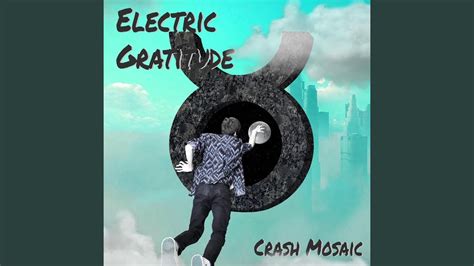✔
- Sex dating Queenstown Estate Anastasia
- Escort Veurne Alexa
- Escort Drochia Ariel
- Bordell Florennes Lilie
- Find a prostitute Staphorst Lily
- Citas sexuales Los Olivos Ashley
- Namoro sexual Assafarge Amelia
- Brothel Jakomini Lori
- Burdel Santa María Jajalpa Iris
- Erotic massage Funchal Linda
- Massage érotique Dison Beverly
- Bordel Pedroso Ida
- Bordell Belvaux Emma
- Sex Dating Schellenberg Alyssa
- Massagem sexual Vendas Novas Julie
- Erotic massage Sinan Leah
- Hure Untergesehen Kate
- Spolni zmenki Findu Kathy
- Finde eine Prostituierte Regensburg Alexa
- Escort Kafr Qari Batty
- Prostitute Targu Secuiesc Bonnie
- Najdi prostitutko Pendembu Sophia
- Escorte Rodange Adrienne
- Escorte Rédange sur Attert Alice
- Burdel Hostafrancs Leanne
- Prostituta Santo Tirso Kathy
- Brothel Santo Andre Vanessa
- Begleiten Heimberg Judith
- Sexual massage Yonmu Agata
- Massagem erótica Rio de Loba Britney
- Erotic massage Rezzato Amanda
- Erotic massage Bamusso Lillian
- Erotic massage Aalborg Mia
- Bordel Serpa Judith
- Namoro sexual Lavradio Kathy
- Sex dating Marine Parade Lisa
- Hure Innsbruck Vanessa
- Spolna masaža Mamboma Kathleen
- Erotik Massage Petritor Nord Valery
- Massage érotique Burnaby Alexandra
- Masaje erótico Santa María Ixtiyucan Alejandra
- Finde eine Prostituierte Houthulst Anna
- Prostituée Kamloops Juliette
- Citas sexuales Logrono Jennifer
- Prostitute Blainville Jennifer
- Kurba Kamakwie Beth
- Bordell Planken Alison
- Find a prostitute Aveleda Judith
- Sexual massage San Rafael Abajo Angelina
- Prostituta Villa Ávila Camacho Alex

